A healthy diet during pregnancy is good – but you should supplement these vitamins.
A new life grows inside you – and everything changes with it. Your heart beats faster, your blood volume increases and your organs work at full speed. Over the next nine months, your body will not only be responsible for you, but also for the complete care of a small human being. This is fascinating – and challenging at the same time.
Even if you eat a balanced diet, certain nutrients can quickly become scarce during pregnancy. Not every need can be met through diet alone – even with a perfect diet. Studies show that even women with a healthy diet often have deficiencies in folic acid, iron, iodine, vitamin D or omega-3. (WHO, 2023)
A deficiency can have serious consequences for your baby’s development – from an increased risk of premature birth and developmental disorders to long-term impairment of brain and organ development. Your nutritional supply is now a direct investment in your child’s future.

Why supplementation is so important during pregnancy
Did you know that…
- your body produces up to 50 % more blood during pregnancy and therefore needs huge amounts of iron, folate and vitamin B12?
- your baby’s brain and nervous system are already developing in the first 4 weeks – often before you even know you’re pregnant?
- a deficiency of just one important nutrient can cause permanent developmental disorders?
Here are the top 5 reasons why supplementation is so crucial during pregnancy – even if you’re eating a healthy diet:
Increased nutritional requirements
Your body is now working for two – and many nutrients are being used up twice as fast.
Critical time windows
Some structures, such as the nervous system, only develop within a narrow time window. If you miss the optimum care here, this can no longer be corrected later.
Loss of nutrients
Nausea, vomiting or food intolerances during pregnancy can lead to fewer nutrients arriving.
Quality of nutrients in the diet
Even fresh fruit and vegetables today contain fewer vitamins and minerals than 50 years ago – due to cultivation, storage and transportation.
-
Mrs. Prenatal
The best organic multivitamin complex for pregnancy and breastfeeding, 100% natural, all-in-one!79,90 €1.736,96 € / kg
-
Bestseller
Ocean Mind
Premium organic omega-3 DHA 250 mg per capsule from the algae Schizochytrium sp49,90 €1.386,11 € / kg
Your body in transition – trimester by trimester
Every pregnancy is unique – and yet every expectant mother goes through the same fascinating biological phases. In each trimester, your body and your baby change in incredible ways. Knowing exactly what happens in which phase and which nutrients are particularly important now will help you to specifically support what nature is already doing.
1st trimester (0-12th week)
In the first few weeks, the groundwork is done – often before you even know you’re pregnant. Your baby’s heart, brain and all organs begin to develop.
- Folate: Crucial for the early development of the nervous system and brain.
- DHA Omega-3: Supports the development of brain structures.
Because many women do not yet know that they are pregnant at this stage, it is so important to start with an optimal nutrient supply before conception.
2nd trimester (13th – 28th week)
Now your baby is growing rapidly – and with it the placenta, the umbilical cord and your blood volume. Your body is working like a high-performance machine.
- Vitamin D, calcium, magnesium: support bone and tooth formation.
- Iron: Covers the increased need for your now significantly increased blood volume.
Deficiencies can occur particularly quickly during this phase because your baby is now drawing large amounts of building materials from your body.
3rd trimester (29th – 40th week)
Your baby is putting on the finishing touches – the brain, eyesight and immune system are maturing and it is building up fat reserves for birth and breastfeeding.
- DHA Omega-3: Now in the highest concentration in the baby’s brain.
- Vitamin D: Supports the maturation of the immune system.
The last few weeks will determine how well your baby is prepared for the start of life – and how fit you feel after the birth.
💡 Conclusion: Your body is a true miracle during pregnancy – and it works around the clock for your baby. If you have an optimal supply of nutrients right from the start, you can start safely – and avoid deficiencies that cannot be fully made up for later.

Mandatory supplements for every pregnancy
There are nutrients that you should definitely not do without during pregnancy – because your body and your baby need them in particularly high quantities during this time. They are the basis for avoiding deficiencies, which can have serious consequences for both you and your baby’s development.
Mrs. Prenatal organic multivitamin for pregnancy and breastfeeding
→ Your all-in-one companion for pregnancy and breastfeeding. Contains all critical vitamins and minerals in natural organic quality – the way your body can best absorb them.
- Folate (mainly 5-MTHF) for the healthy development of the brain, nerves and spinal cord
- Iron, B12 and vitamin C for blood formation and oxygen supply
- Vitamin D and K for strong bones and teeth
- Iodine for healthy thyroid function and brain development
- Plus other important nutrients to keep you and your baby optimally nourished throughout all trimesters.
-
Mrs. Prenatal
The best organic multivitamin complex for pregnancy and breastfeeding, 100% natural, all-in-one!79,90 €1.736,96 € / kg
Ocean Mind (DHA Omega-3 from organic algae)
→ Supplies the omega-3 fatty acid DHA in plant-based form and as a world first in organic quality – crucial for your baby’s brain and visual development. As early as the first trimester, DHA lays the foundation for your child’s cognitive performance – and in the third trimester it is stored in the brain in the highest concentration.
-
Bestseller
Ocean Mind
Premium organic omega-3 DHA 250 mg per capsule from the algae Schizochytrium sp49,90 €1.386,11 € / kg
💡 Without this basis, you risk, among other things:
- Developmental disorders of your baby’s nervous system or organs
- Premature birth or low birth weight
- Exhaustion, anemia and long-term nutrient deficiencies in yourself
- Weakening of your bones, teeth and immune system
👉 With Mrs. Prenatal and Ocean Mind, you lay the foundation for all trimesters. So that your child gets the best possible start in life – and you feel strong, healthy and full of energy at the same time. Everything else is based on your individual requirements.
-
Set Well mom and baby
Set of Mrs Prenatal as a pregnancy multi and Ocean Mind Omega 3 DHA as a nutrient supply for you and your baby116,80 €129,80 €1.582,93 €1.424,39 € / kg
Optional nutrients – targeted support for you and your baby
In addition to the mandatory nutrients, there are vital substances that not every pregnant woman needs as a supplement – but which can make a real difference in certain situations. They help you to cope better with the special challenges of pregnancy and give your baby even better starting conditions.
Hello Sunshine (organic vitamin D3)
or Hello Sunshine + K2
→ Important if your vitamin D level in the blood is already too low at the start of pregnancy or you hardly get any sun (e.g. in winter or if you spend a lot of time indoors). In this case, the normal daily dose in Mrs Prenatal is not enough to replenish your deficiency and you will need to take more vitamin D at times. Vitamin D supports the immune system, bone stability and the healthy development of your baby.
Bone Nanza (organic calcium + magnesium from algae)
→ Ideal if you follow a vegan diet or only eat a few dairy products. Calcium is the basic building block for bones and teeth – your baby gets what it needs directly from your reserves. Magnesium supports muscles and nerves.
Calm A Lama (organic magnesium)
→ Extra magnesium has a relaxing effect, can relieve muscle cramps during pregnancy and helps with nervousness. It is best taken separately from other minerals so as not to hinder their absorption.
Feed Your Blood (iron complex)
→ Useful if your ferritin value (iron stores) in the blood is too low. Mrs Prenatal contains what you consume every day, so an additional supply is necessary at times until you are out of the deficit. Feed Your Blood contains natural iron, vitamin C and B vitamins so that your body can produce new blood – for you and your baby’s oxygen supply.
B-Happy (B-vitamin complex)
→ Supports energy, nerves and mood – particularly helpful in phases of tiredness, emotional strain or increased stress. When you take Mrs Prenatal, you already have an optimal dose of all B vitamins. B-Happy therefore only makes sense as a temporary extra if you have a deficiency.
Help From Kelp (iodine)
→ If your iodine requirement is higher than Mrs. Prenatal supplies (e.g. if you have a particular thyroid condition). Iodine is crucial for the development of your baby’s brain and nervous system.
Love Your Gut (probiotic)
→ This synbiotic promotes healthy digestion, minimizes flatulence, strengthens your immune system and can reduce the risk of pregnancy complaints such as constipation or susceptibility to infections. Also valuable during breastfeeding.
💡 My tip: Think of these nutrients like a personal toolbox – you use exactly the building blocks that suit your diet, lifestyle and blood values. This will ensure that you are optimally nourished at every stage of your pregnancy.
Supplementary vitamins and minerals during pregnancy for your individual routine
-
Bestseller
Bone Nanza
Plant-based organic calcium complex from organic red algae plus natural magnesium and vitamin D3ab 29,90 €486,18 € / kg
-
Bestseller
Calm A Lama
Plant-based organic magnesium from premium organic green algae extract for muscles and nerves44,90 €1.076,74 € / kg
-
Bestseller
Love Your Gut
Bio Daily Biotic Complex Premium for the gut: 21 bacterial strains plus organic fiberab 39,90 €2.660,00 € / kg
What happens if you don’t supplement?
During pregnancy, you are the only source of everything your baby needs. If your body doesn’t get enough nutrients, it will first draw them from your own reserves – until these are exhausted. This can lead to deficiencies that affect both you and your baby.
Your baby may suffer from a lack of nutrients:
Folate deficiency: increased risk of severe malformations of the brain and spinal cord (neural tube defects such as spina bifida).
Iodine deficiency: delayed mental and motor development, hearing impairment.
Iron deficiency: increased risk of premature birth, low birth weight and reduced oxygen supply.
Vitamin D deficiency: weak bones (rickets), impaired immune function.
DHA deficiency: poorer development of the brain, nerves and eyesight.
For you as an expectant mother, a lack of nutrients can mean:
Iron deficiency: extreme tiredness, concentration problems, increased susceptibility to infections.
Calcium deficiency: loss of bone density, increased risk of osteoporosis later in life.
Vitamin D deficiency: higher risk of pre-eclampsia, gestational diabetes, muscle weakness.
Iodine deficiency: thyroid dysfunction, which also affects your metabolism and energy balance.
These risks are not uncommon – in Germany, one in five pregnant women has an iron deficiency, and iodine and vitamin D deficiencies are even more common.
The good news: with targeted supplementation, you can avoid these risks almost completely. You strengthen yourself, protect your baby and give it the best conditions for a healthy life – from the very first second.
Conclusion
Ultimately, it’s your choice what you eat and how you feed your body enough vitamins during pregnancy. Be aware of the facts and recommendations and then make your own judgment about whether you need extra vitamins during pregnancy via supplements.
When choosing your dietary supplement, as with the rest of your food, you should always pay attention to naturalness and give preference to organic products. Also, your vitamins should not contain additives during pregnancy.
We wish you a healthy and happy pregnancy!
(2016) Supplementation during pregnancy: beliefs and science, Gynecological Endocrinology, 32:7, 509-516,
2 Hofmeyr, G Justus et al. “Calcium supplementation during pregnancy for preventing hypertensive disorders and related problems.” The Cochrane database of systematic reviews,6 CD001059. 24 Jun. 2014,
3 Lowensohn, Richard I et al. “Current Concepts of Maternal Nutrition.” Obstetrical & gynecological survey vol. 71,7 (2016): 413-26.
4 Agarwal, Shreya et al. “Vitamin D and its impact on maternal-fetal outcomes in pregnancy: a critical review.” Critical reviews in food science and nutrition vol. 58,5 (2018): 755-769.
6 Sun D, McLeod A, Gandhi S, Malinowski AK, Shehata N. Anemia in Pregnancy: A Pragmatic Approach. Obstet Gynecol Surv. 2017 Dec;72


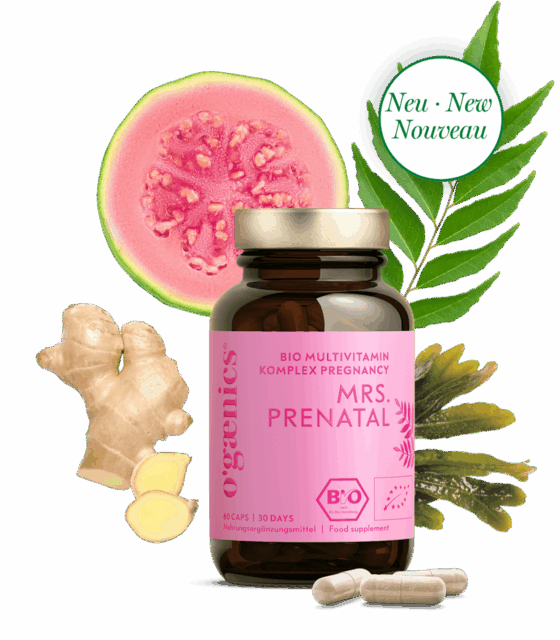

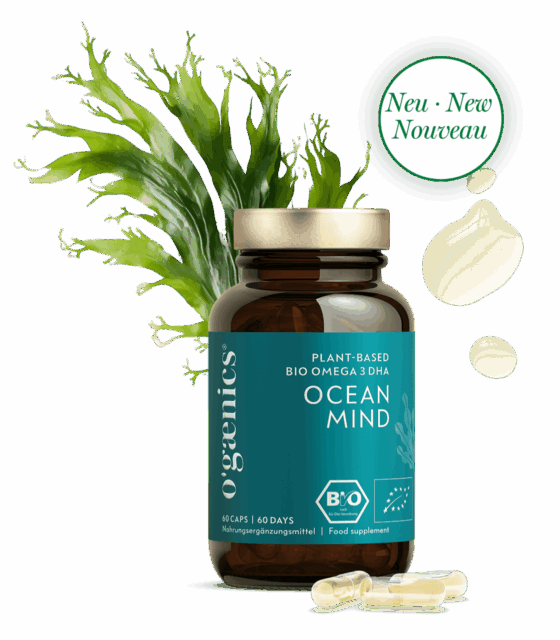
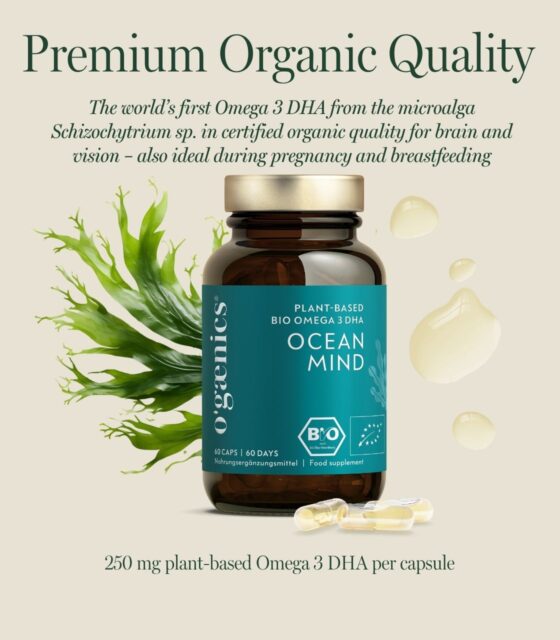
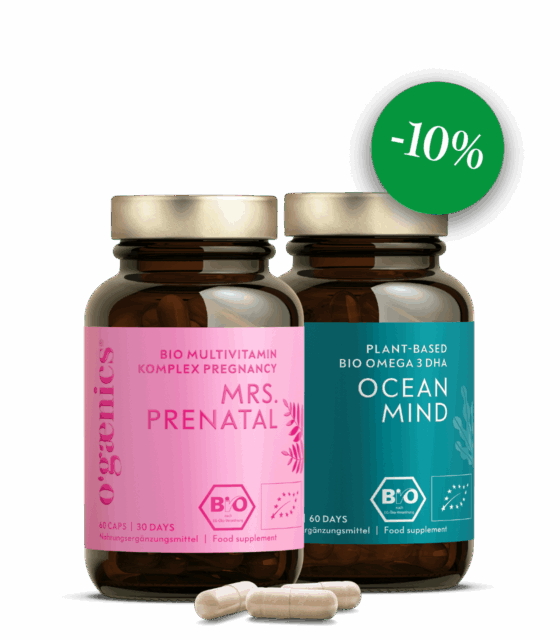
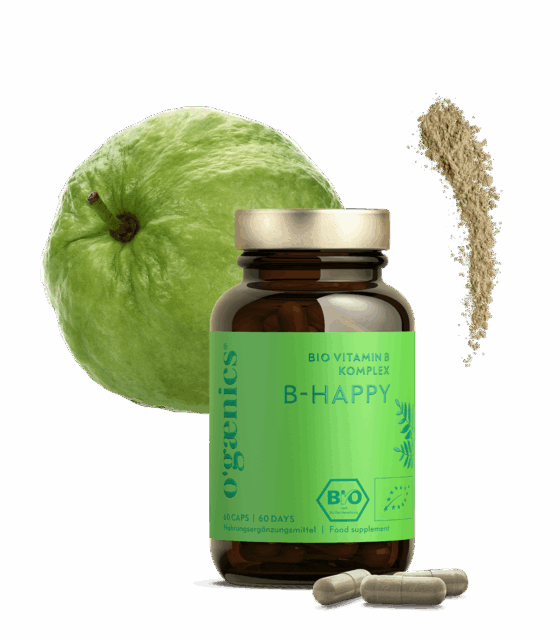

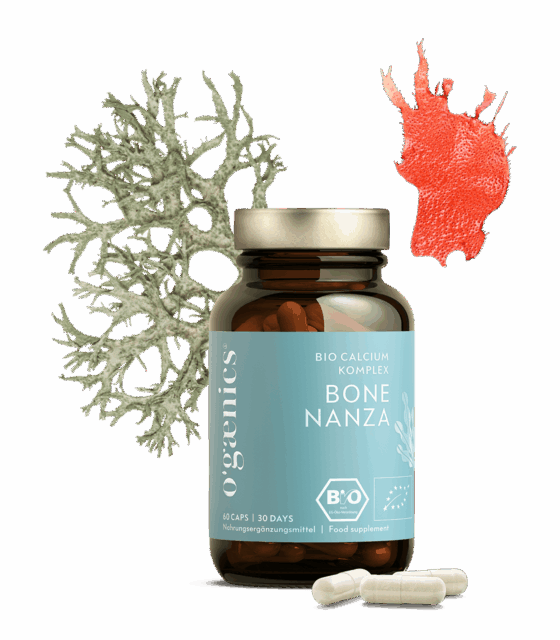

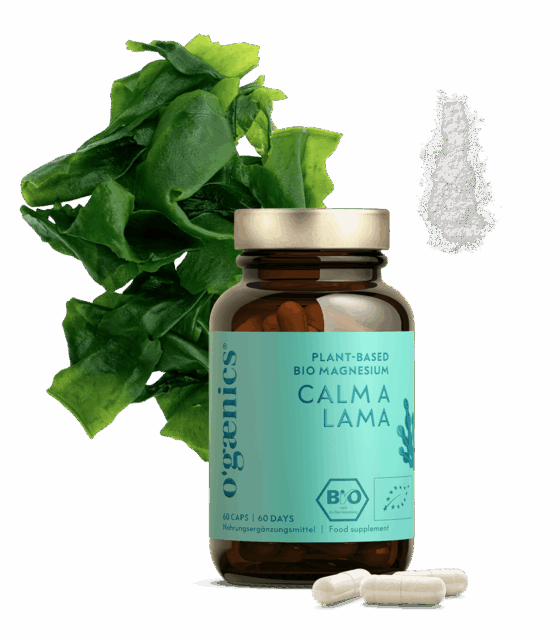

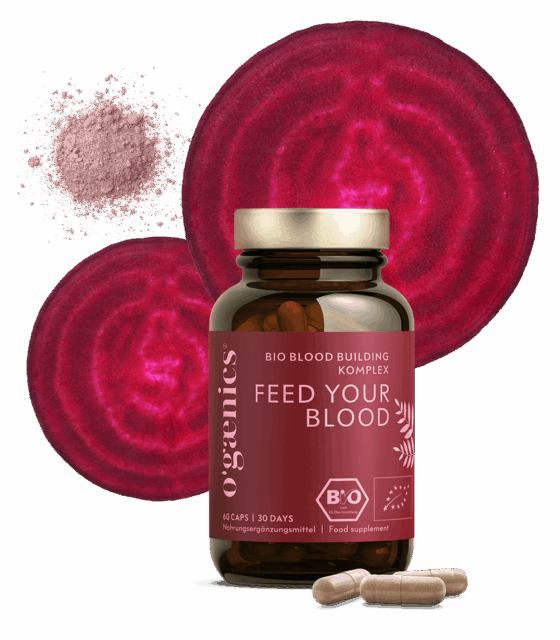

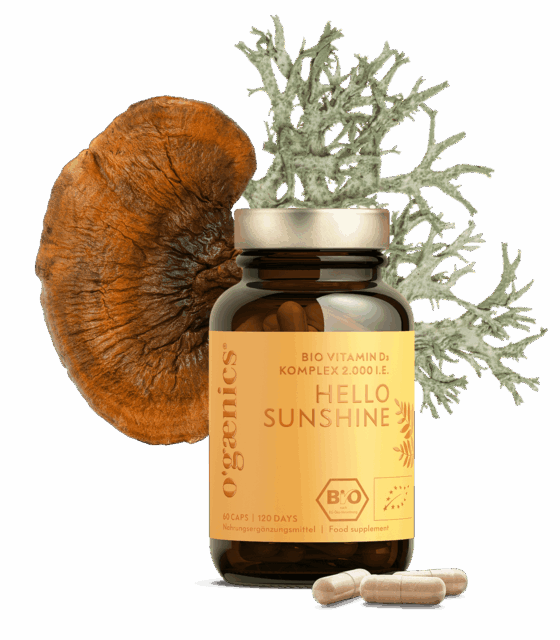

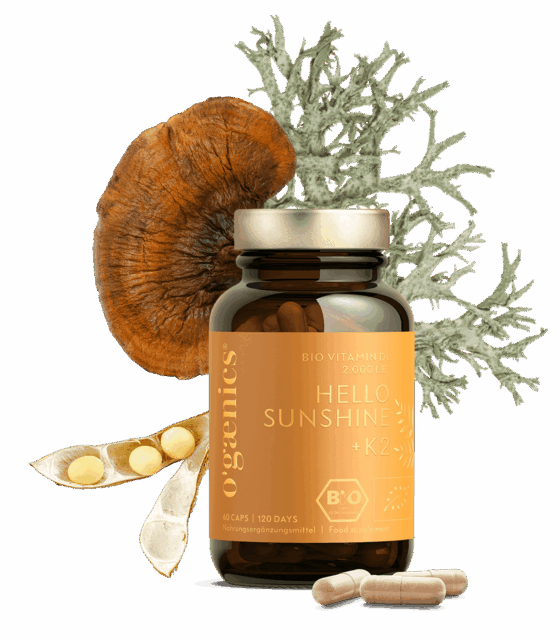
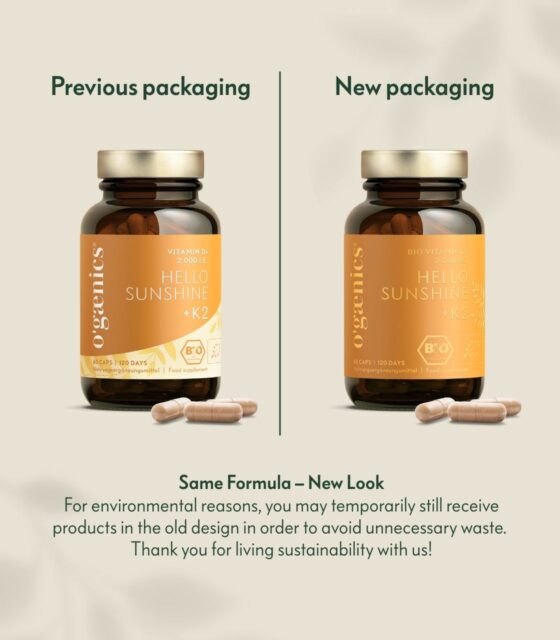
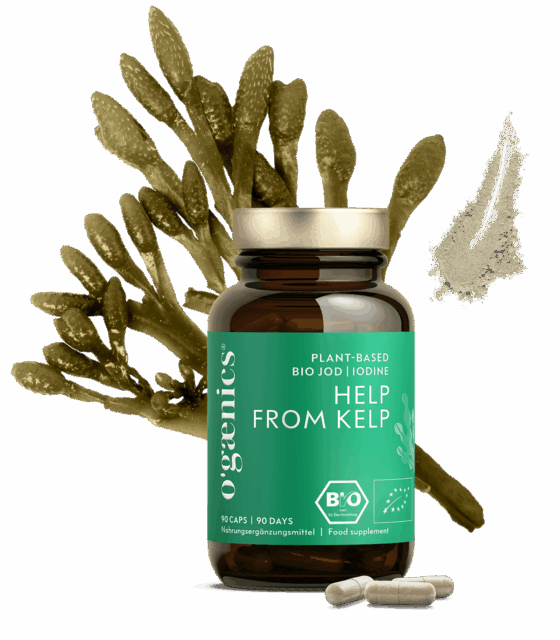

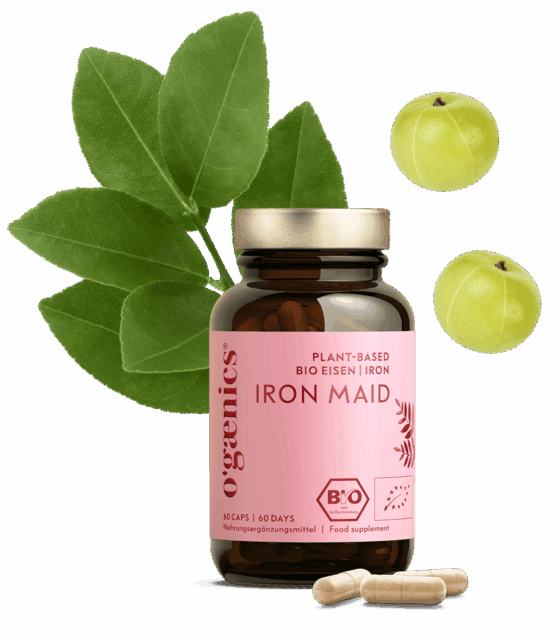




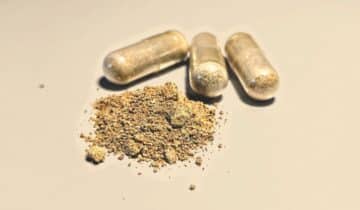

 No products in the cart.
No products in the cart.